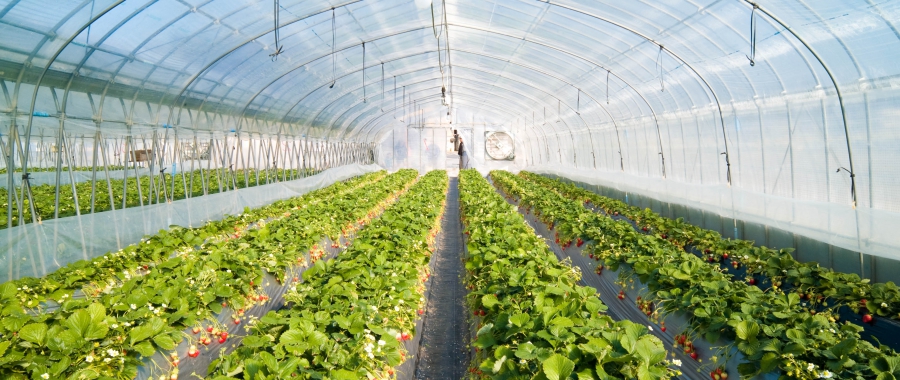Introduction
Uganda which is heavily dependent on agriculture (over 70%) is the 12th most vulnerable and 36th least ready country according to the ND-GAIN Index 2018. This is compounded by a high (42 million), fast growing (>3%) and a young population (UBOS 2020).
Uganda is a party to International Climate Change Frameworks including the UNFCCC, Kyoto Protocol, Paris Agreement which have been localized in-Country through relevant Climate Change legal and policy frameworks. Uganda’s focus is articulated through the Nationally Determined Contributions (NDCs). The priority sectors for actions on climate change are;
- Agriculture and livestock
- Forestry
- Infrastructure (with an emphasis on human settlements, social infrastructure and transport)
- Water
- Energy
- Health.
Implementation of priority adaptation and mitigation strategies is conditional on access to financing. The dominant source of climate financing is from international sources such as Green Climate Fund (GCF), the Global Environmental Facility (GEF) and the Adaptation Fund (AF) which have been instrumental in meeting this need.
Uganda in an effort to enhance investment and innovations to improve readiness for climate finance, has committed in her NDC to increasing the share of local contributions through various interventions inter alia review of the legal framework and institutionalisation of climate finance mobilisation.


